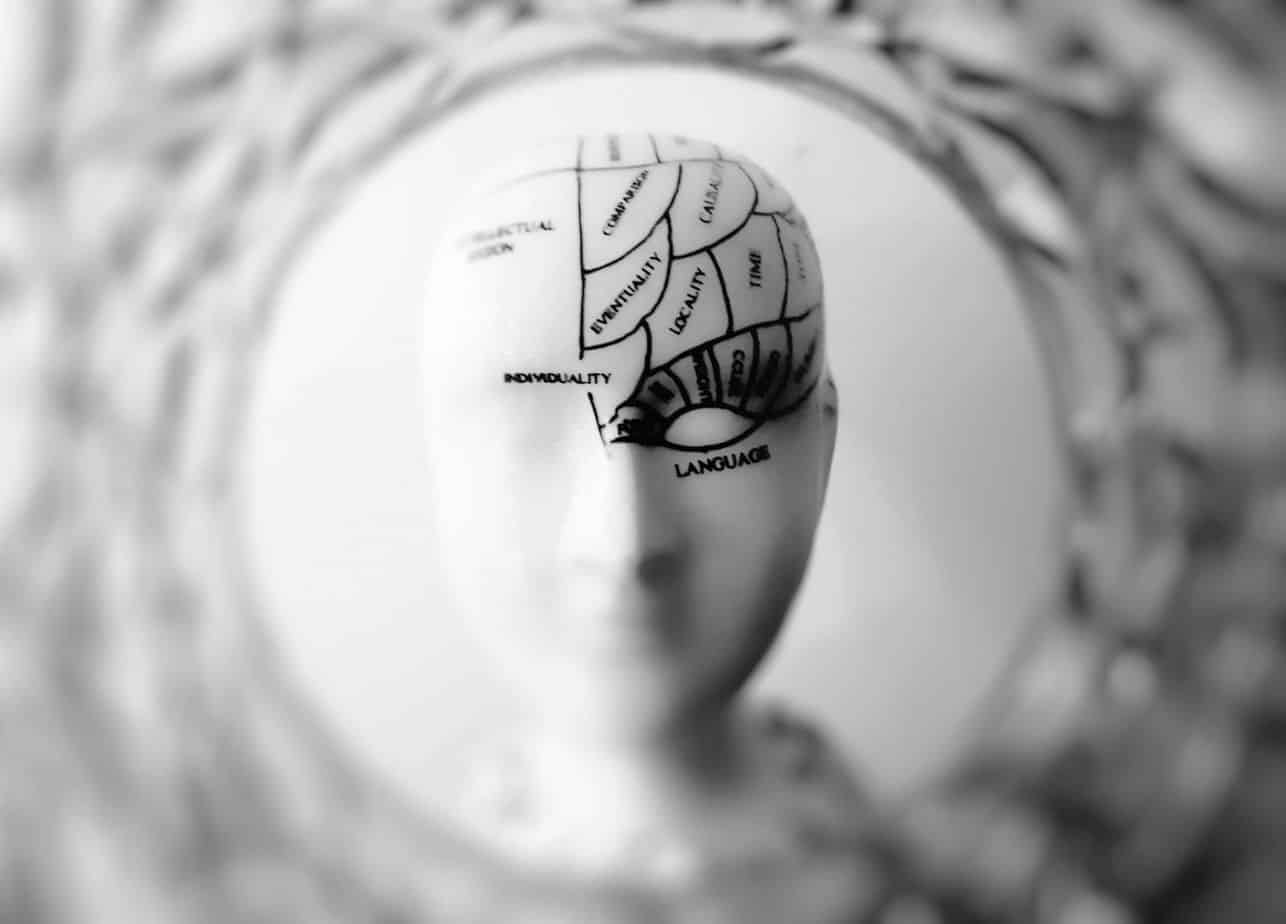
A healthy, balanced diet supports both the physical and mental realms. Wondering what foods support brain function? Find out what to include in your menu!
Green leafy vegetables such as kale, spinach, cabbage and broccoli contain vitamin K, lutein, folic acid and beta-carotene. The ingredients mentioned above support brain function. Research suggests that such foods may also slow cognitive decline.
Oily fish are a rich source of omega-3 fatty acids, which reduce the risk of Alzheimer’s disease. Try to eat fish at least twice a week

Be sure to choose low-mercury species such as salmon, cod, tuna, sardines, mackerel or herring. If you’re not a fan of fish, ask your doctor about an omega-3 fatty acid supplement, or reach for flaxseed, avocados, and walnuts.
If you want to concentrate better, you need to provide the right amount of energy to your brain in the form of glucose. Reach for whole grain products, which have a low glycemic index. They slowly release energy into the bloodstream, keeping you mentally alert throughout the day. Remember to include an adequate amount of carbohydrates in your menu as well. Otherwise, you will become irritable and your energy will drop. Additionally, you will have trouble focusing on your tasks. Enrich your menu with brown whole-grain cereals, wholemeal bread, and brown rice and pasta.
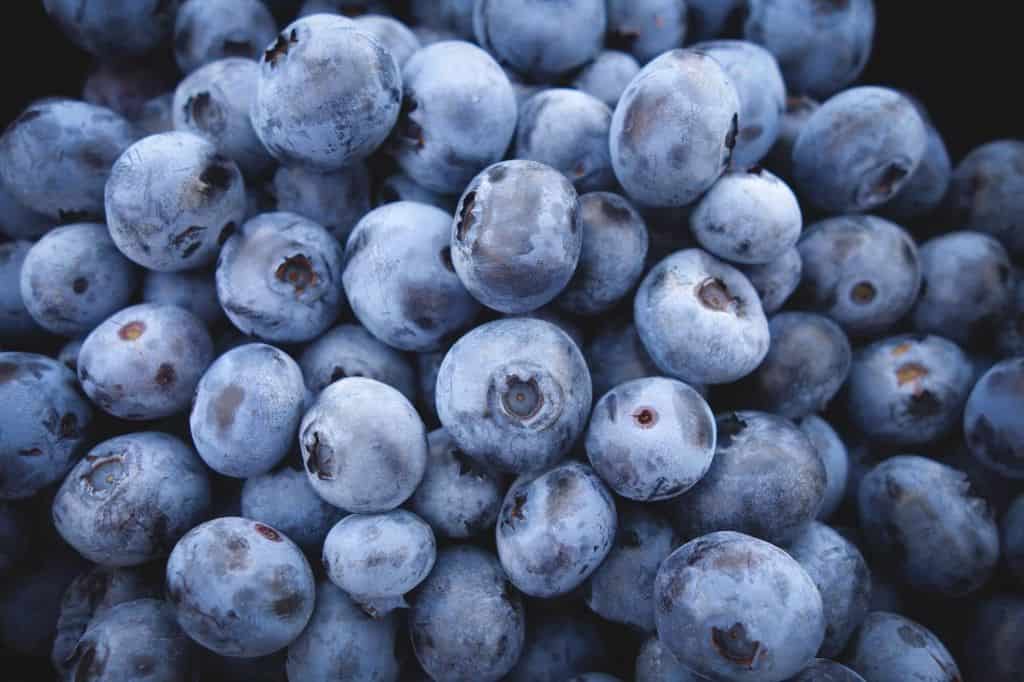
According to research, blueberries improve short-term memory. Dark red and purple fruits (such as blackberries) and vegetables (such as red cabbage) have similar properties. They contain protective compounds called anthocyanins. They reduce inflammation and oxidative stress throughout the body. They also improve communication between brain cells
They protect against free radical damage. There is strong evidence that lycopene, a powerful antioxidant reduces the risk of dementia and Alzheimer’s disease. You can eat grilled tomatoes and drizzle them with a little olive oil to optimize the body’s absorption and use of lycopene. Papaya, watermelon and pink grapefruit provide similar nutrients.
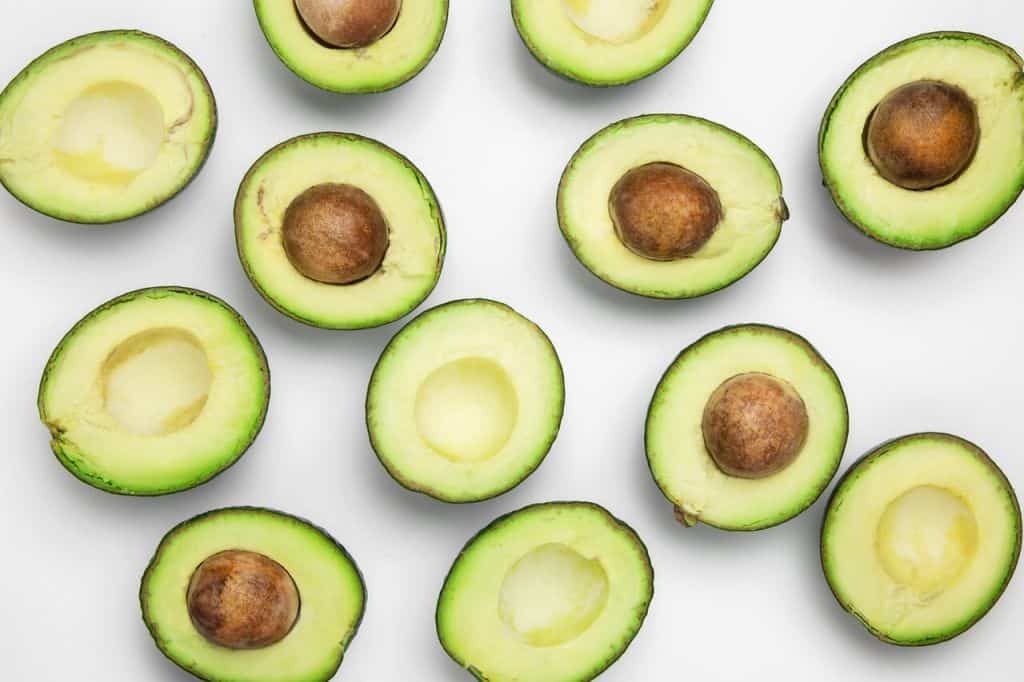
This is an excellent source of monounsaturated fat that promotes blood flow. Additionally, it lowers blood pressure and reduces the risk of hypertension. All these factors protect against cognitive decline.
Eggs are a complete source of protein. They also contain vitamin B6 and B12, as well as folic acid. The yolks contain choline, which is very much needed by our brain. It has a positive effect on neurotransmitters responsible for mood and memory.
One orange meets the daily requirement of vitamin C. This protects against free radicals that can damage the brain. You can also find a lot of vitamin C in strawberries, peppers, kiwi and tomatoes.
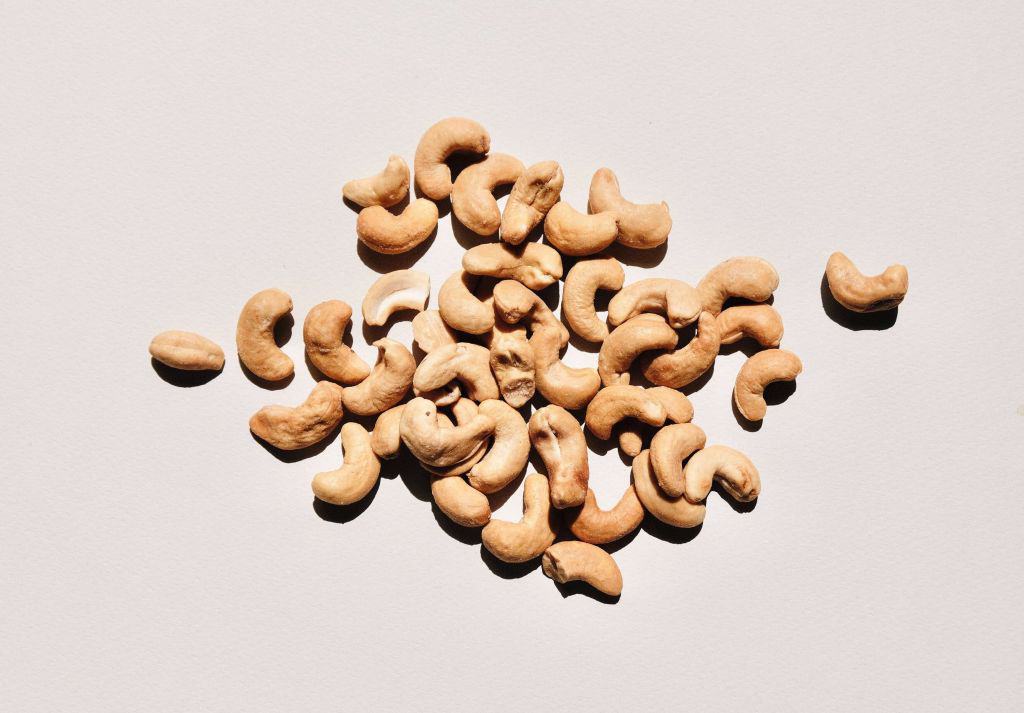
Nuts contain healthy fats, antioxidants and vitamin E, which have a positive effect on brain function. They improve cognitive function, so if you do mental work swap a chocolate bar for a handful of nuts
Lentils, soybeans, green beans, black beans – all support brain function. Try to eat beans at least 3 times a week. You can include it in your regular menu
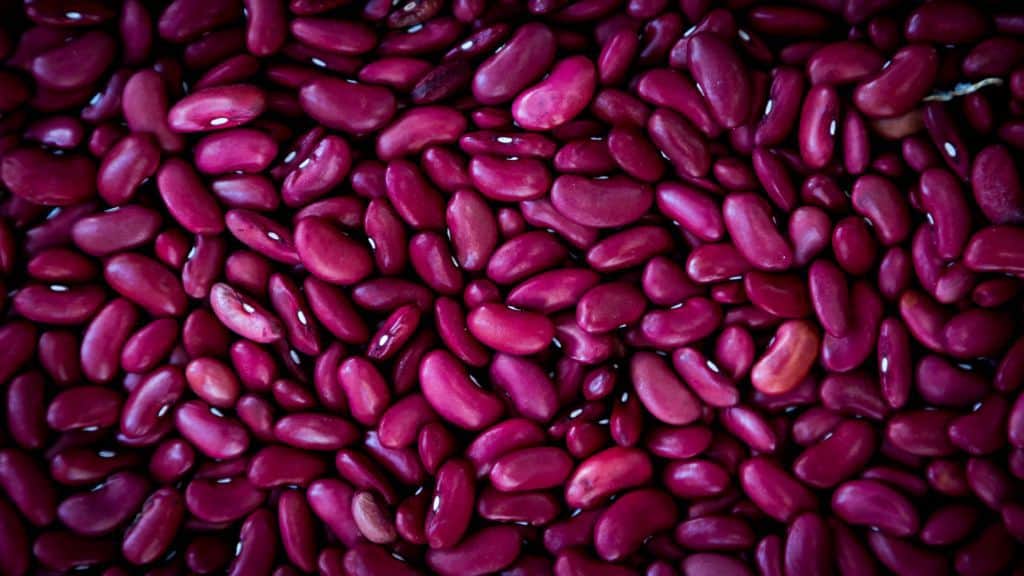
Beans are high in fiber, protein, antioxidants, carbohydrates and minerals. It provides the brain with its favorite fuel, glucose. Brain functions such as thinking, memory and learning are closely linked to glucose levels. The body digests beans slowly, so our brains just love them!
Dark chocolate contains flavonoids, which are powerful antioxidants that improve blood flow to the brain and reduce inflammation. It fights fatigue and improves mood, and it improves brain plasticity, crucial during the learning process. It provides a decent dose of magnesium, zinc, fiber and caffeine. We recommend dark chocolate that contains at least 70% cocoa.